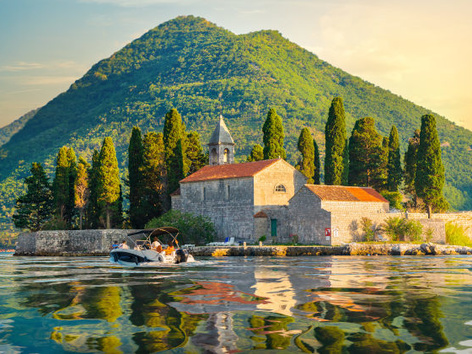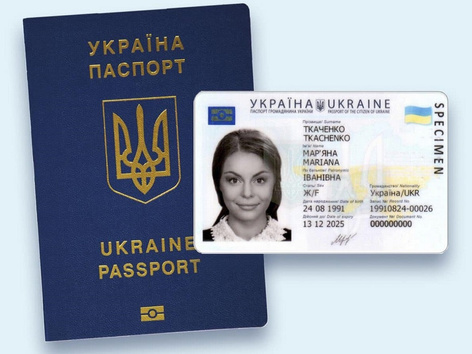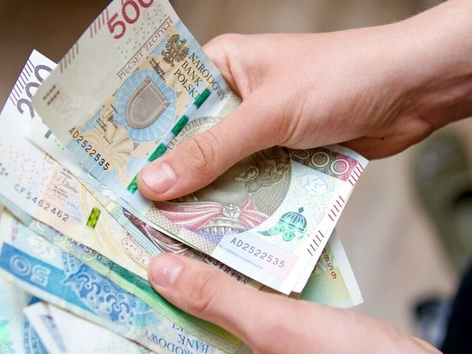How do Ukrainians live in Montenegro? Travel blogger Yuliya Berkuta tells about her experience

Ukrainian travel blogger, designer and photographer Yulia Berkuta went abroad with her young son because of the war in Ukraine. She told about her life there in an interview with Anton Taranenko, the chairman of the board of Visit Ukraine.
On March 25, Julia arrived in Montenegro. She traveled there from Ukraine for several days with two night stays. She says she was driving through Hungary and Croatia because she thought it was a safer road there. Without a child, says Julia, she could get there faster.
The blogger says she had no problems crossing borders, except for one situation.
“At the entrance to Croatia, I was a little scared, I didn't know what it would be: Ukrainian cars were assembled, six or seven cars, and we were taken to another checkpoint in a column behind a police car. They took everyone's passports, and then people from each car were called and asked questions, in fact, very standard ones: where am I going, for how long, where am I staying, who is with me in the car… That is absolutely normal questions that are usually put on the border ", - shares Julia.
As for life in Montenegro, Julia says she was there as a tourist. She did not apply for any refugee status or temporary protection.
"We are not refugees because these are different legal statuses, but just temporarily displaced people. Most people [from Ukraine - ed.] who came here, to Montenegro, do not position themselves as refugees. And most still hope to return home very soon, so they stay here more as tourists, "- said the blogger.
Julia says that Ukrainians can stay in Montenegro as tourists for 90 days. For such a stay you need to register at the tourist office. In some cities of the country you have to pay a tourist tax of 1 euro per day per person, but in some cities, Ukrainians are exempt from it.
Also in Montenegro, you can apply for temporary protection - a special shelter mechanism that has been activated for Ukrainians fleeing the war. It is provided in Montenegro for a year, but if you go back to Ukraine during this year, this status is lost. Julia says that the registration of temporary protection due to bureaucratic moments takes a long time. Temporary protection gives the right to work, education to children in schools, and free state medical care. However, it is almost impossible to find a job for Ukrainians, says Yulia.
You can still apply for asylum, but, according to Yulia, almost no one does that, because then you have no right to work and your Ukrainian passport is taken away from you.
As for state or social assistance for Ukrainians, the state provides neither housing nor material assistance. But there are crisis humanitarian headquarters in big cities, where volunteers provide legal or humanitarian assistance to Ukrainians.
Regarding the cost of living in Montenegro, Julia says that a minimum of 500-600 euros per month can do. She rents a one-room apartment for 250 euros, and once a week goes shopping in a supermarket, where she spends about 40-50 euros.
However, as for housing, according to Julia, its cost depends on the location and tourist season. The more touristy the settlement and the closer to the holiday season - the higher the prices. In addition, many locals do not want to rent for a few months but want to rent for a year.
The blogger can assess the attitude of locals towards Ukrainians as neutral: without negativity or prejudice, but also without much warmth. But in many places on banners and in newspapers, she saw publications in support of Ukraine. "I think they see us more as tourists because they are far away from us and it's hard for them to understand what's going on here," she said. But about the Russians, she says: “they are here, but there are many more of us here. I do not allow myself to be provoked into conflicts."
Now Yulia and her son are already returning home to the Kyiv region. However, she does not rule out the possibility of going abroad again, because it is still dangerous in Ukraine.
"I miss the usual life that was before the war, the plans, the dreams, everything you did every day. That routine from which we always wanted to escape. ”
Recommended articles
1 min
Events
1 min
Travel
1 min
For refugees


